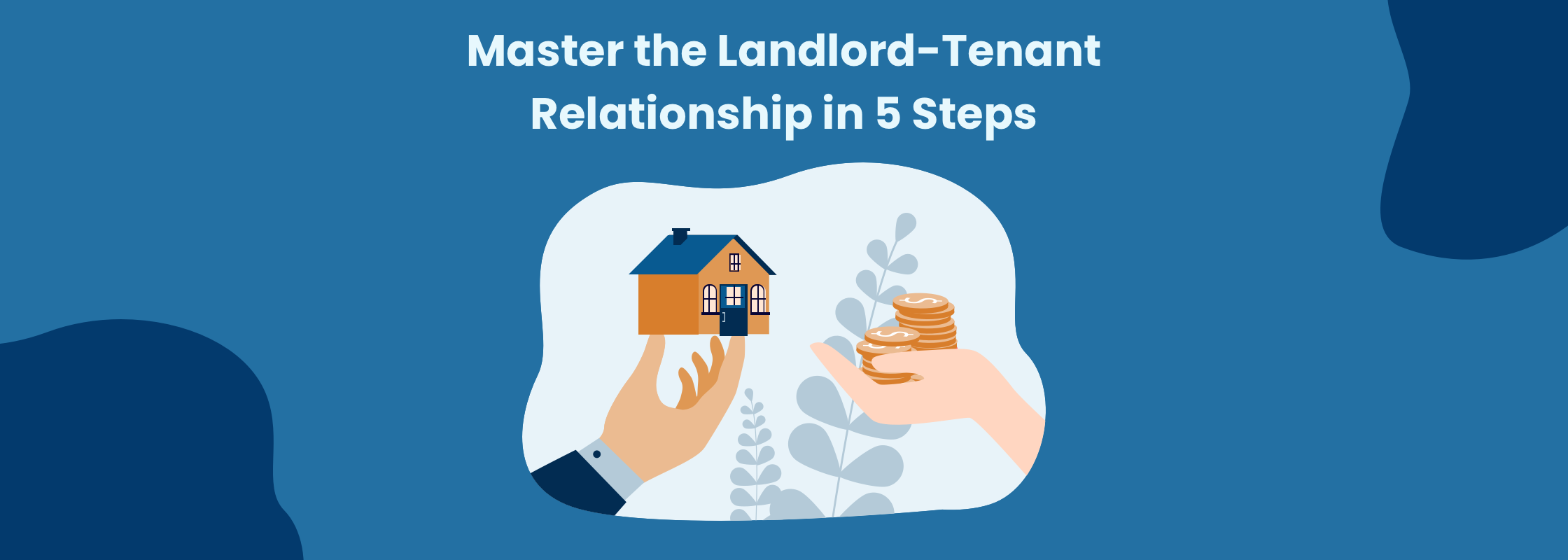Respect for privacy
Nurturing a Positive Landlord-Tenant Partnership

Nurturing a Positive Landlord-Tenant Partnership
Establishing and maintaining a positive relationship between landlords and tenants is essential for a harmonious living arrangement. This article explores key aspects of fostering a healthy landlord-tenant partnership, ensuring a mutually beneficial experience for both parties.
Clear Communication from the Start
The foundation of any positive relationship is clear communication. From the beginning, landlords and tenants should establish open channels for effective dialogue. Clearly outline expectations, responsibilities, and any specific terms in the lease agreement. This proactive approach helps prevent misunderstandings and sets the stage for a positive connection.
Timely Responsiveness
Responsiveness is crucial in maintaining a positive landlord-tenant relationship. Landlords should address tenant concerns and maintenance requests promptly. Similarly, tenants should communicate any issues or questions in a timely manner. This mutual responsiveness builds trust and demonstrates a commitment to cooperation.
Respect for Privacy
Respecting each other’s privacy is a fundamental aspect of a positive relationship. Landlords should provide adequate notice before entering a rented property for inspections or repairs, allowing tenants to prepare. Likewise, tenants should respect the landlord’s property and adhere to agreed-upon guidelines for property use.
Transparent Lease Terms and Conditions
Transparency in lease terms is vital for a positive landlord-tenant relationship. Both parties should fully understand and agree to the terms outlined in the lease agreement. This includes rent payments, maintenance responsibilities, and any specific rules governing the property. A clear understanding reduces the likelihood of disputes down the line.
Proactive Maintenance and Repairs
Landlords play a key role in maintaining the property, but tenants also have responsibilities. Tenants should report maintenance issues promptly, allowing landlords to address them in a timely manner. Landlords, in turn, should conduct regular property inspections to identify and address potential issues before they escalate.
Flexibility and Understanding in Difficult Times
Life is unpredictable, and unforeseen circumstances can arise for both landlords and tenants. Building a positive relationship involves showing flexibility and understanding during challenging times. Landlords may consider options like rent adjustments in times of economic hardship, fostering goodwill and loyalty from tenants.
Fair Handling of Security Deposits
The handling of security deposits is a common source of disputes. Landlords should clearly communicate the conditions under which deductions may occur and provide an itemized list when returning the deposit. Tenants, on the other hand, should strive to leave the property in good condition, minimizing the need for deductions.
Open Negotiation for Lease Renewals
When approaching the end of a lease term, open negotiation for lease renewals can strengthen the landlord-tenant relationship. Both parties should discuss any changes in rent, lease terms, or conditions. This collaborative approach fosters a sense of partnership and ensures that the lease remains fair and reasonable for both sides.
Respectful Conflict Resolution
In any relationship, conflicts may arise. It’s essential to approach conflict resolution with respect and a willingness to find mutually agreeable solutions. Landlords and tenants should be open to mediation or legal advice when necessary, always prioritizing a resolution that maintains the integrity of the partnership.
Building a
